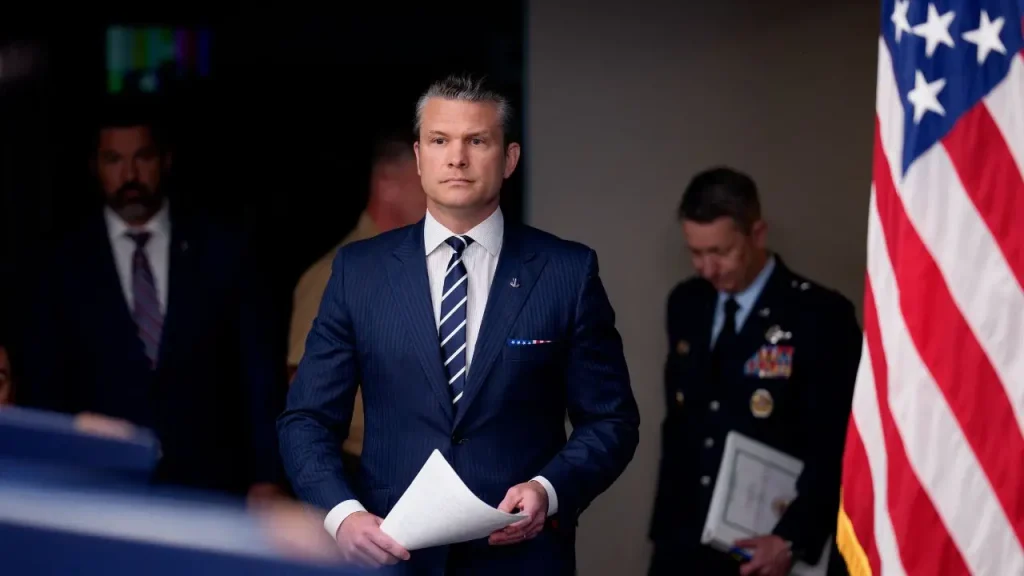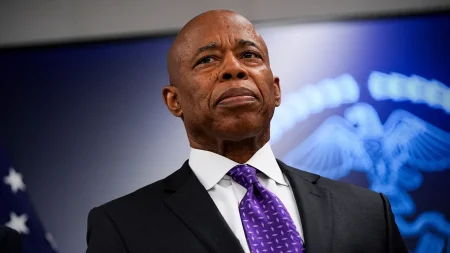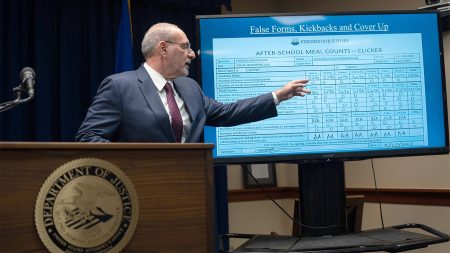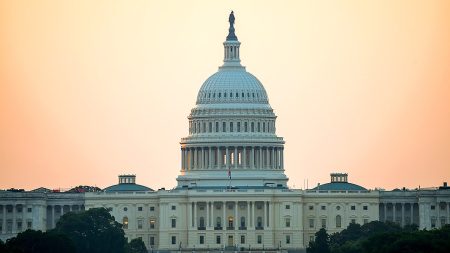Air Force Veterans Fight for Promised Benefits After Transgender Ban
In a heart-wrenching battle for justice, seventeen transgender Air Force veterans have taken legal action against the federal government following the revocation of their pension and benefits. These service members, who dedicated between 15 and 18 years of their lives to defending the nation, find themselves caught in an unexpected and devastating situation after being forced into early retirement under the Trump administration’s transgender military ban.
The lawsuit, filed Monday, comes in response to a shocking policy reversal by the Air Force. Initially, these veterans had been offered the opportunity to retire early with benefits—a standard practice for military personnel with lengthy service records who face involuntary separation before reaching the 20-year mark that typically guarantees full retirement benefits. Many had already received official orders approving their retirement and had begun the process of transitioning to civilian life when the Air Force abruptly changed course in August, announcing that transgender service members would not be eligible for these early retirement options after all. This sudden reversal has left these veterans facing a potential loss of up to $2 million each in lifetime compensation, not to mention crucial health insurance benefits that many had counted on for their future well-being.
“The military taught me to lead and fight, not retreat,” explains Logan Ireland, a master sergeant with 15 years of service including deployment to Afghanistan, who joined the lawsuit after having his early retirement rejected. His sentiment echoes the betrayal felt by many of his fellow plaintiffs who believed the values of honor, integrity, and commitment they upheld in uniform would be reciprocated by the institution they served. Michael Haley, staff attorney with GLAD Law, one of the advocacy groups supporting the lawsuit, describes the situation as part of “the general cruelty in attacking transgender people,” pointing out the emotional toll of having promises revoked after these veterans had already begun planning their post-military lives. “These are folks who are going to move on with their lives, have received the OK to do so, and then have that taken away from them once again,” Haley explains, highlighting the psychological impact of such treatment on people who have already endured significant challenges.
Beyond the denial of retirement benefits, the Air Force has implemented additional measures that affect transgender service members’ rights and dignity. In August, the branch moved to deny transgender members the opportunity to argue before a board of their peers for the right to continue serving—a procedural protection typically afforded to service members facing involuntary separation. This policy change, which the Pentagon has indicated will be implemented across all military branches, further limits the avenues through which transgender service members can advocate for themselves and their careers. These developments represent just the latest chapter in an ongoing legal saga surrounding transgender military service, which has seen multiple challenges since the initial ban was implemented. In May, the Supreme Court allowed the ban to proceed while legal challenges continue to make their way through the courts.
The current administration, led by President Donald Trump and Pentagon chief Pete Hegseth, has made targeting transgender service members a component of their broader effort to eliminate diversity, equity, and inclusion initiatives in the military. This approach has generated significant controversy, with advocates arguing that military readiness is enhanced by focusing on capability rather than identity, while the administration maintains that policy changes are necessary to strengthen America’s fighting force. For the veterans bringing this lawsuit, however, the issue transcends political debate—it’s about honoring commitments made to those who have served honorably and ensuring they receive the benefits they were promised in exchange for their sacrifice.
The human cost of these policy changes becomes apparent when considering the individuals affected. Many of these veterans uprooted their lives, made career decisions, and planned their futures based on the retirement packages they were initially promised. Some had already begun the process of relocating, securing new employment, or making financial commitments based on the understanding that their military benefits would provide a foundation for their post-service lives. The sudden reversal has left them not only financially vulnerable but feeling betrayed by the institution they dedicated significant portions of their lives to serving. As this case moves through the legal system, it highlights fundamental questions about the obligations of the military to those who have served faithfully, regardless of their gender identity, and about the human impact of policies that can sometimes get lost in broader political debates.
For these seventeen veterans, the fight is deeply personal. It represents not just a battle for financial compensation but a struggle for recognition of their service and sacrifice. As one plaintiff put it, “Stripping away my retirement sends the message that those values only apply on the battlefield, not when a service member needs them most.” Their lawsuit serves as a powerful reminder that behind policy debates and legal arguments are real people whose lives and futures hang in the balance, awaiting a resolution that will determine whether their years of service to their country will be honored with the benefits they were promised.













